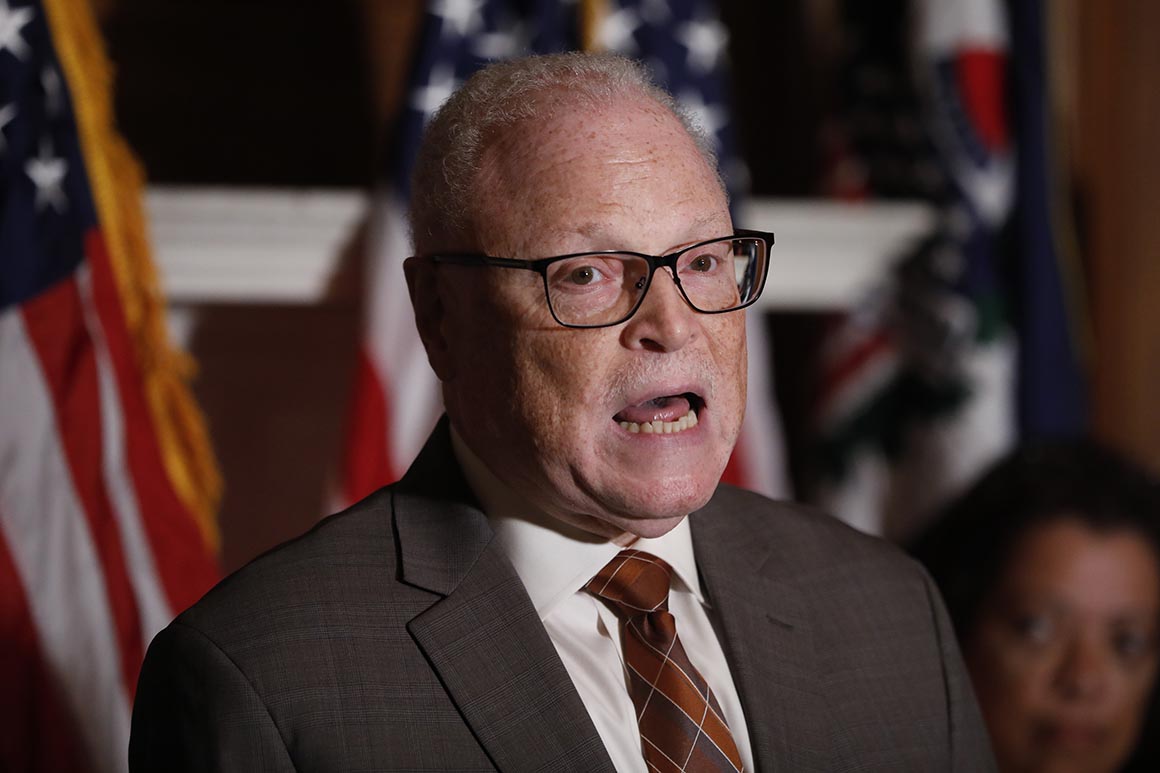
The group has been among the loudest advocates of sending localities more money to deal with the economic and practical fallout of the pandemic. And Democrats may need the backup.
A number of Senate Republicans have taken a hard line against the money, with Senate Majority Leader Mitch McConnell (R-Ky.) suggesting they should consider bankruptcy as an option and five conservatives writing President Donald Trump this week urging him “to oppose bailouts for states.”
“We cannot allow states and localities to get a blank check from American taxpayers to fund areas of their budget that have nothing to do with the coronavirus,” wrote GOP Sens. Ted Cruz of Texas, Ron Johnson of Wisconsin, Rick Scott of Florida, Mike Enzi of Wyoming and Mike Lee of Utah.
The AFSCME ad buy will run in Florida, Utah, the District of Columbia, Maine, North Carolina, Tennessee, Missouri, Colorado, Alaska, Florida, Ohio and Montana. There are competitive Senate races in Maine, North Carolina, Colorado and Montana.
The ads will be split between two spots. In one, front-line workers explain the working conditions they are facing and a narrator asks Congress to fund “state and local aid now.” The other ad says a “public service army” will be needed to beat coronavirus.
“Don’t let Congress fire the front-line workers who can save us,” the second ad says.
Congress provided $150 billion for reeling states and localities in March, but governors, Democratic leaders and some congressional Republicans say more will be needed. But Senate Minority Leader Chuck Schumer (D-N.Y.) and House Speaker Nancy Pelosi (D-Calif.) faced stern resistance from McConnell in their push to deliver $150 billion more in April, coming up empty-handed in the last round of aid.
Pelosi has suggested as much as $1 trillion may be ultimately needed for states and localities while governors have asked for $500 billion. McConnell has said he is open to providing more money for states, but with restrictions on how it can be spent to avoid shoring up ailing pension funds. He also wants liability reform as the cost of any deal to deliver more money to states.
Regardless it will be at least a week, or perhaps much longer, before the next bill passes. The Senate is scheduled to come in on Monday, while the House is continuing its recess as coronavirus peaks in D.C.
Source: politico.com
See more here: news365.stream






